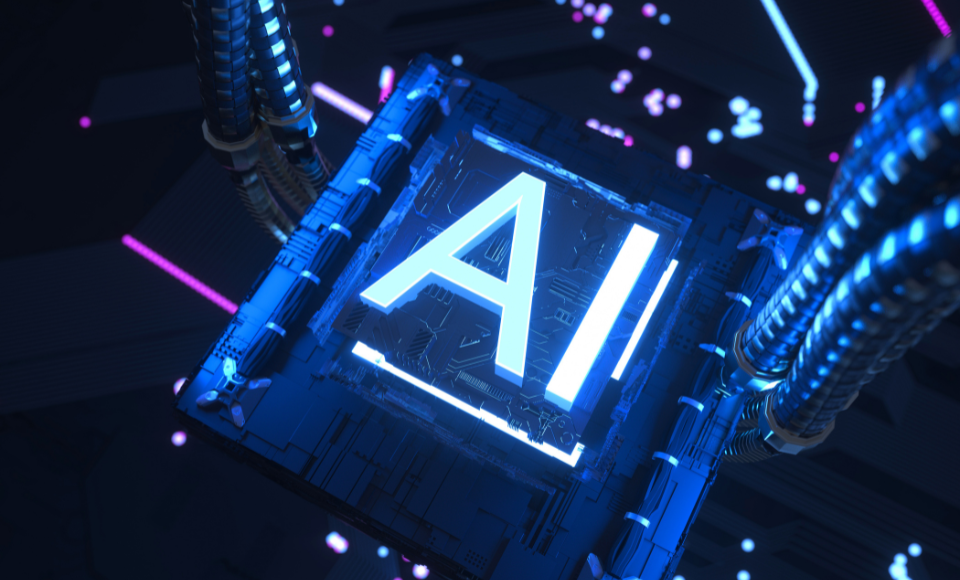How AI is Transforming Customer Experience Through Personalization Strategies

Businesses today confront a constantly changing array of cyber threats that have the potential to compromise private data, interfere with daily operations, and harm a company’s brand. Even though they are necessary, traditional ai cybersecurity solutions often fall short of the complexity and regularity of modern cyberattacks. Artificial Intelligence (AI) fills this gap by providing innovative solutions that strengthen cybersecurity defenses. This article examines how AI may improve cybersecurity for companies by focusing on its uses, benefits, and practical applications.
Understanding AI in Cybersecurity
AI refers to the simulation of human intelligence functions by machines, particularly computer systems. AI is used in cybersecurity to evaluate large volumes of data, spot trends, and detect possible risks. Natural language processing, neural networks, and machine learning are all included. Organizations can anticipate and reduce cyber risks before they become a reality by taking this proactive strategy.
Applications of AI in Cybersecurity
Advanced Threat Detection: Artificial intelligence (AI) systems are able to quickly examine large datasets in order to identify trends and defects that may be signs of security threats. This feature enables the early detection of malware, phishing, and other malicious activities, which can trigger quick responses to neutralize potential threats.
Network Defense: Intrusion detection systems are improved by machine learning-based algorithms, which will enhance the scope of the search beyond known threats. This ongoing learning mechanism facilitates the detection of new and emerging attack vectors, making the network more secure.
Endpoint Protection: AI can detect and prevent attacks like ransomware by learning about standard malware behavior. This advanced defense mechanism guards individual machines and prevents the malware from spreading across networks.
Application Security: AI aids in preventing threats such as SQL injection, cross-site scripting, distributed denial-of-service (DDoS) attacks, and server-side request forgery. AI can identify and react to security vulnerabilities in real time by examining application behavior and user interactions.
User Behavior Analytics: Machine learning in cybersecurity algorithms examine user behavior to detect anomalies from typical patterns, which can be signs of compromised accounts or insider threats. This real-time monitoring improves the detection and response to unauthorized activity in a timely manner.
Advantages of AI in Cybersecurity
Proactive Defense: AI transforms cybersecurity from reactive to proactive, allowing organizations to predict and block attacks instead of just reacting to them.
Scalability: AI systems are capable of processing enormous amounts of data, which makes them ideal for organizations of any size. This scalability means that even as businesses expand, their cybersecurity is still strong.
Cost Efficiency: By automating repetitive security processes and minimizing the need for human intervention, AI can reduce operational expenses related to cybersecurity management.
Improved Accuracy: AI minimizes the risk of human error in automated threat detection and response, resulting in more precise identification and mitigation of cyber threats.
Real-World Implementations
A number of organizations have been able to implement AI in their cybersecurity efforts successfully:
Mastercard: In an effort to strengthen its cybersecurity, Mastercard acquired Recorded Future Inc., a threat intelligence company driven by artificial intelligence. The acquisition is meant to improve Mastercard’s capacity for detecting and preventing fraud by scanning large datasets in real time.
Trend Micro: This security company launched an AI-driven tool that automates threat defense for its customers. The “AI brain” anticipates attacks, assesses risks, and responds on its own, eliminating the workload from security teams and improving overall security stance.
Harmony Intelligence: Harmony Intelligence, an Australian firm, uses AI to act as an ethical hacker, constantly probing for system vulnerabilities to avoid being attacked by cyberspace invaders. This positive action counters the growing sophistication of AI-based attacks.
Challenges and Considerations
Although AI brings excellent value to cybersecurity, it also introduces challenges:
Adversarial AI: Cybercrooks are using AI to sharpen their attack methodology, leading to a never-ending arms race between attackers and protectors.
Data Privacy: The large scale of data acquisition for AI processing has implications related to privacy as well as observance of acts like GDPR.
Resource Intensive: Executing AI technology might be resource-intensive and will involve specialized resources, which is not feasible for smaller organizations.
Conclusion
AI is transforming cybersecurity by offering advanced tools and techniques for identifying, averting, and countering online threats. Its ability to analyze large datasets, learn from patterns, and predict potential attacks makes it an invaluable asset for businesses aiming to protect their digital assets. Organizations must, however, continue to be aware of the difficulties when using AI and make sure that data privacy and ethical issues are given top priority.
At Bluhold, We are aware of how crucial it is to maintain our lead in the cybersecurity space. Our specialized services across multiple technical domains are designed to help your business grow and stay ahead of the competition. By integrating advanced AI-driven cybersecurity measures, we empower your organization to defend against emerging threats proactively, ensuring the safety and integrity of your digital assets. To improve your cybersecurity posture and safely travel the digital world, work with Bluhold.

